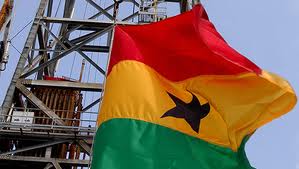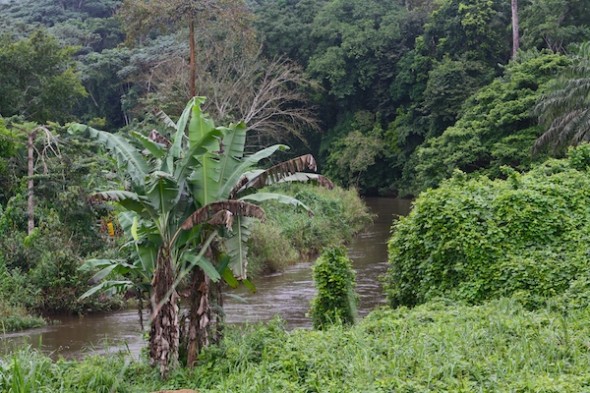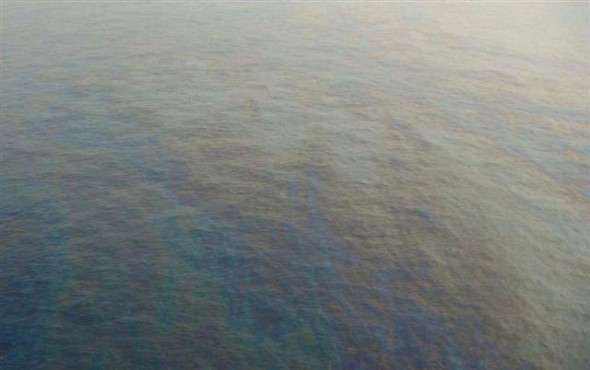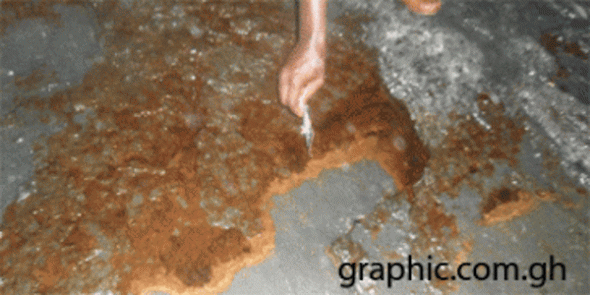Exxon fails to address pipeline safety risks, fined $1.7 million
“The U.S. Department of Transportation on Monday hit Exxon Mobil Corp. with a $1.7 million fine over a July 2011 pipeline failure that dumped more than 60,000 gallons of oil into Montana’s Yellowstone River after concluding the oil giant failed to effectively address pipeline safety risks,” writes Sean McLernon in the March 26th edition of Law360.
According to a news release from the Department of Transportation’s Pipeline and Hazardous Materials Safety Administration (PHMSA), “ExxonMobil failed to properly address known seasonal flooding risks to the safety of its pipeline system, including excessive river scour and erosion, and to implement measures that would have mitigated a spill into a waterway.”
I wrote about the Yellowstone River spill in September 2011 asking what lessons the Montana accident might have for Cameroon. To recap what I said then, environmentalists in Cameroon and Chad have long been concerned about the safety of the 1070 km Chad-Cameroon oil pipeline and have stated repeatedly that COTCO (Exxon Mobil pipeline operations in Cameroon) has not provided reliable information about its real capacity to respond in the event of an oil spill. Much of the pipeline crosses relatively remote and hard-to-access areas (few or no roads) and many question COTCO’s assertions that response teams could quickly travel to the scene of any incident.
More Nigeria news from SkyTruth
Why do we hear so little about spills in the Gulf of Guinea region? Well, there are the officials and companies who don’t (seem to) give a damn. There are the restrictions on the press in a number of countries and the lack of resources for journalists across the region that hamper in-depth reporting. But there’s also the fundamental lack of oversight: we don’t hear much because the governments themselves don’t know much. They don’t have monitoring systems and are — far too often — at the mercy of the oil companies when it comes to getting information about spills and clean-up.
SkyTruth, an organization that seeks to create environmental awareness through the use of satellite imagery (“If you can see it, you can change it”), has been posting regular updates on the recent Bonga spill.
I’m reposting links to the last two pieces from SkyTruth, which get at several crucial points regarding the Gulf of Guinea: No one knows what’s going on because of the lack of monitoring and oil is being spilled or dumped all the time in the region. Remember the spill off the coast of Ghana in November? Was it from the Jubilee operations or a passing tanker? Who knows?
Continue reading . . .
Oil spill offshore Nigeria
News from Nigeria:
Nigeria in Race to Limit Shell Oil Spill
Lagos – Authorities rushed to prevent one of Nigeria’s worst recent oil spills from reaching the West African nation’s shoreline on Thursday, with production from a major Shell field also shut due to the leak.
Shell, which said the leak has been stopped, has estimated that less than 40 000 barrels of crude have spilled into the sea and was deploying ships with dispersants to attack the slick. Planes were also being mobilised.
It was Nigeria’s worst offshore spill since a 1998 Mobil incident, officials said, though onshore leaks have been estimated at levels far worse since that time in the oil-producing Niger Delta.
Oil Spill in Ahanta West District
An oil slick, first spotted by fishermen November 3rd, has washed ashore in the Ahanta West District. At this point there is little information available. The government is suggesting the oil leaked from or was dumped by a tanker, but is providing no proof or details. Fishermen report first seeing the slick near the Jubilee field and some suspect that the spill is related to the oil activities. Neither Tullow Oil nor any of the other partners has made any statements, so at this point, it is difficult to know what happened.
Ghana dreaming…
 “Ghana dreaming. That’s what you should call your story.” On a packed flight to Accra, I ended up by chance seated next to an American oil and gas professional who has been living in Ghana and working throughout the Gulf of Guinea for the past 15 years. We started chatting and I told him I was going to Ghana to report on the country’s new oil industry.
“Ghana dreaming. That’s what you should call your story.” On a packed flight to Accra, I ended up by chance seated next to an American oil and gas professional who has been living in Ghana and working throughout the Gulf of Guinea for the past 15 years. We started chatting and I told him I was going to Ghana to report on the country’s new oil industry.
He wasn’t at all excited about Ghana’s entry into the petroleum club. This man looks at the oil industry in terms of job prospects and for him Ghana’s Jubilee field is a bust.
As he explained to me, deepwater drilling is a highly specialized operation; the equipment and materials arrive from outside the country, are installed by specialized expat crews and then provide virtually no business for local maintenance companies or jobs for oil workers.
For this freelance operator the idea that Ghana’s oil industry is going to create a business boom is no more than a pipe dream. Continue reading . . .





